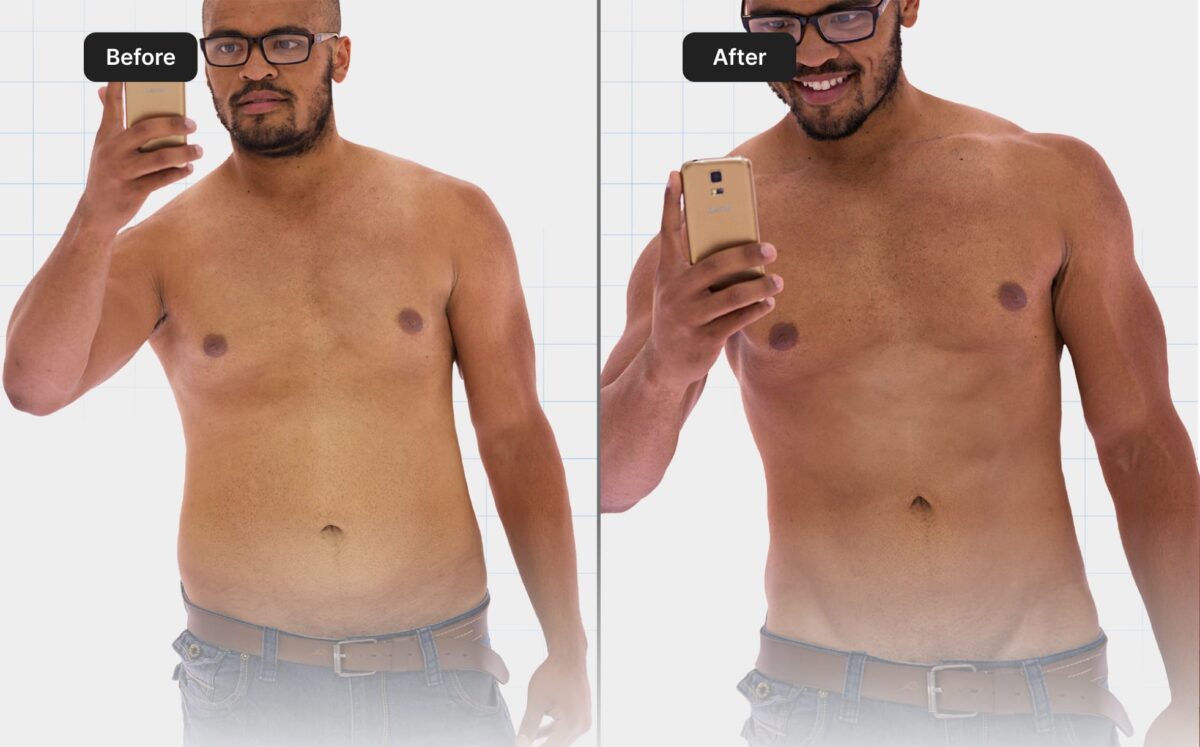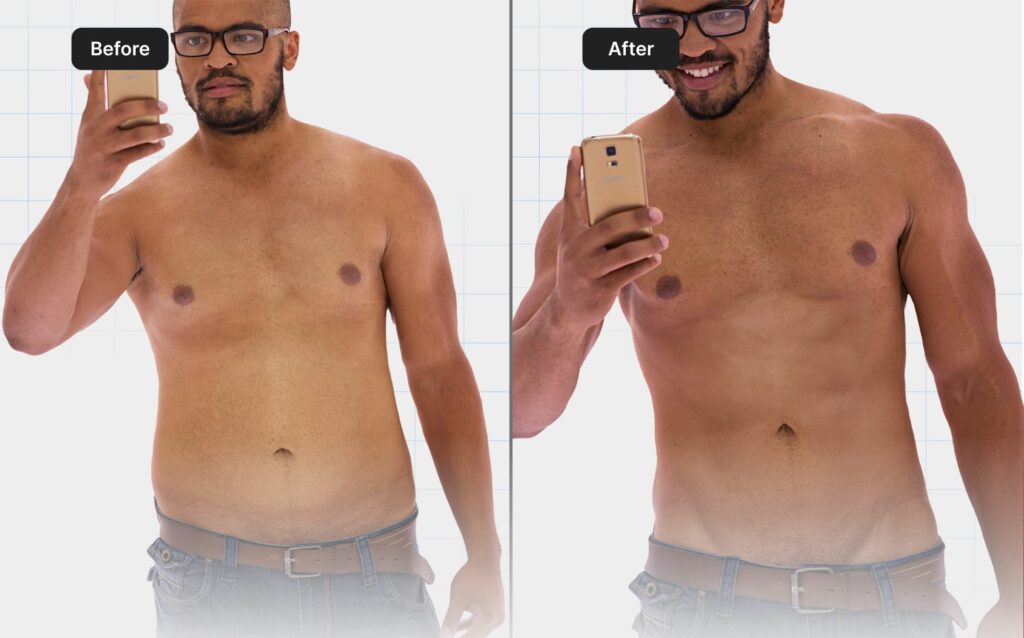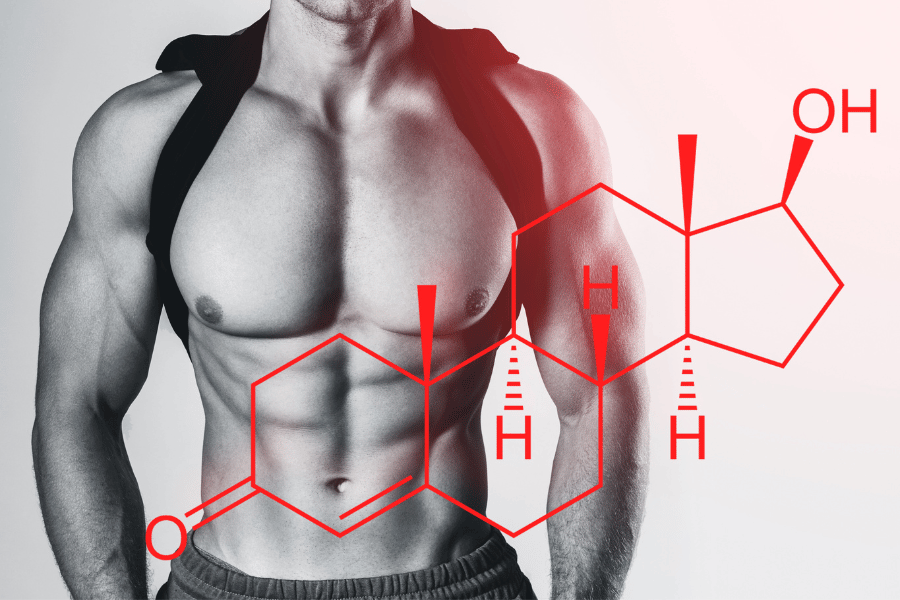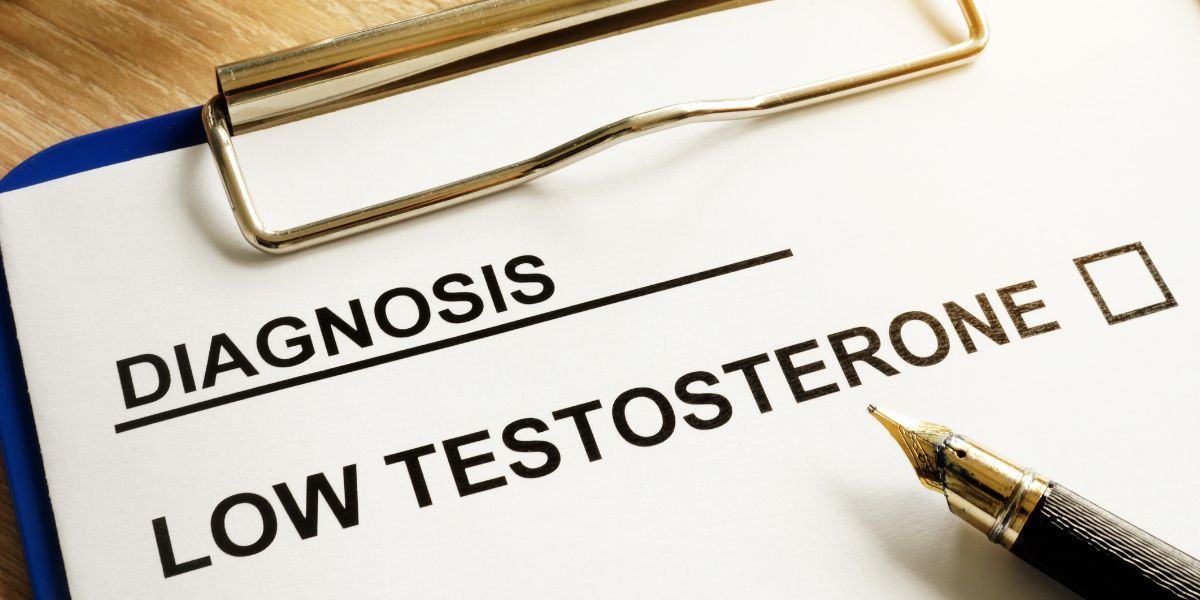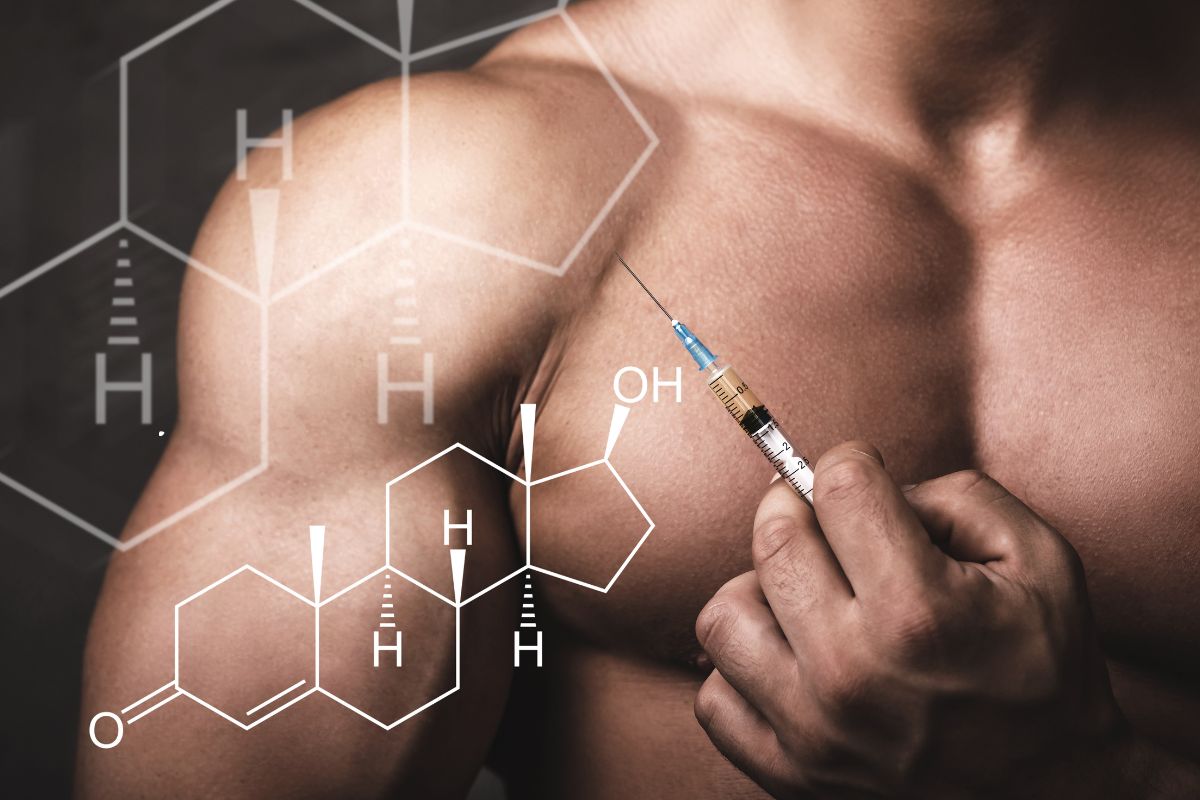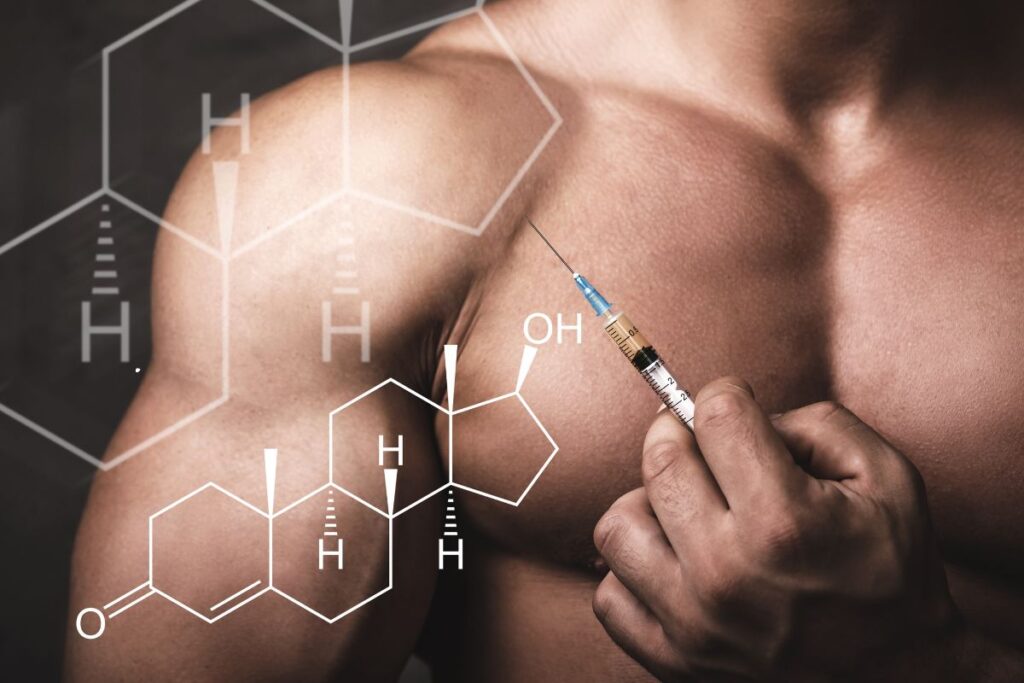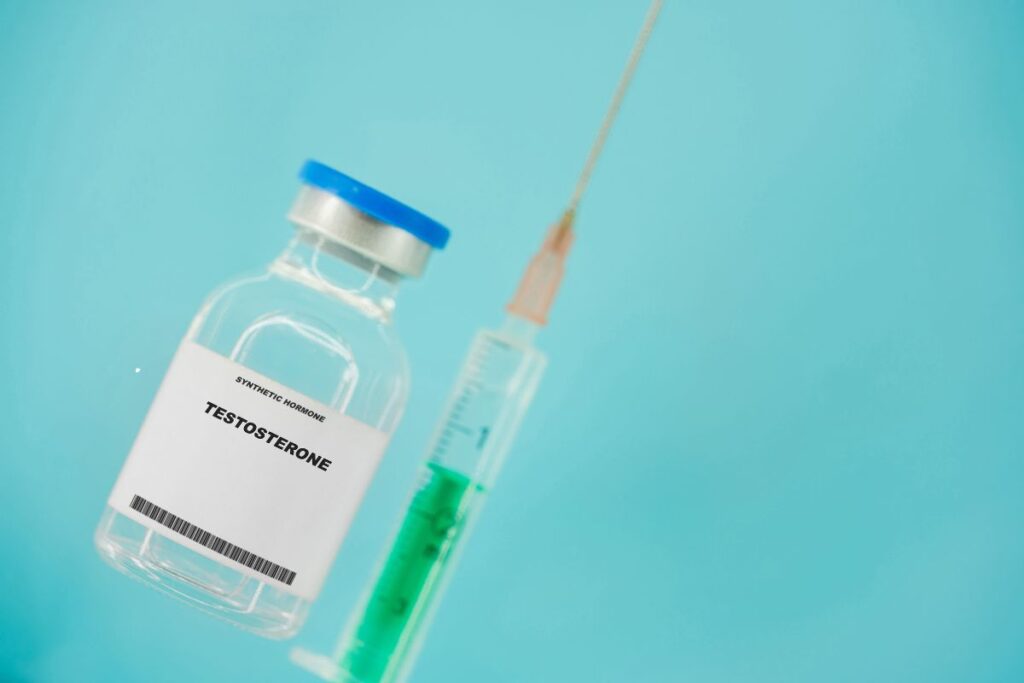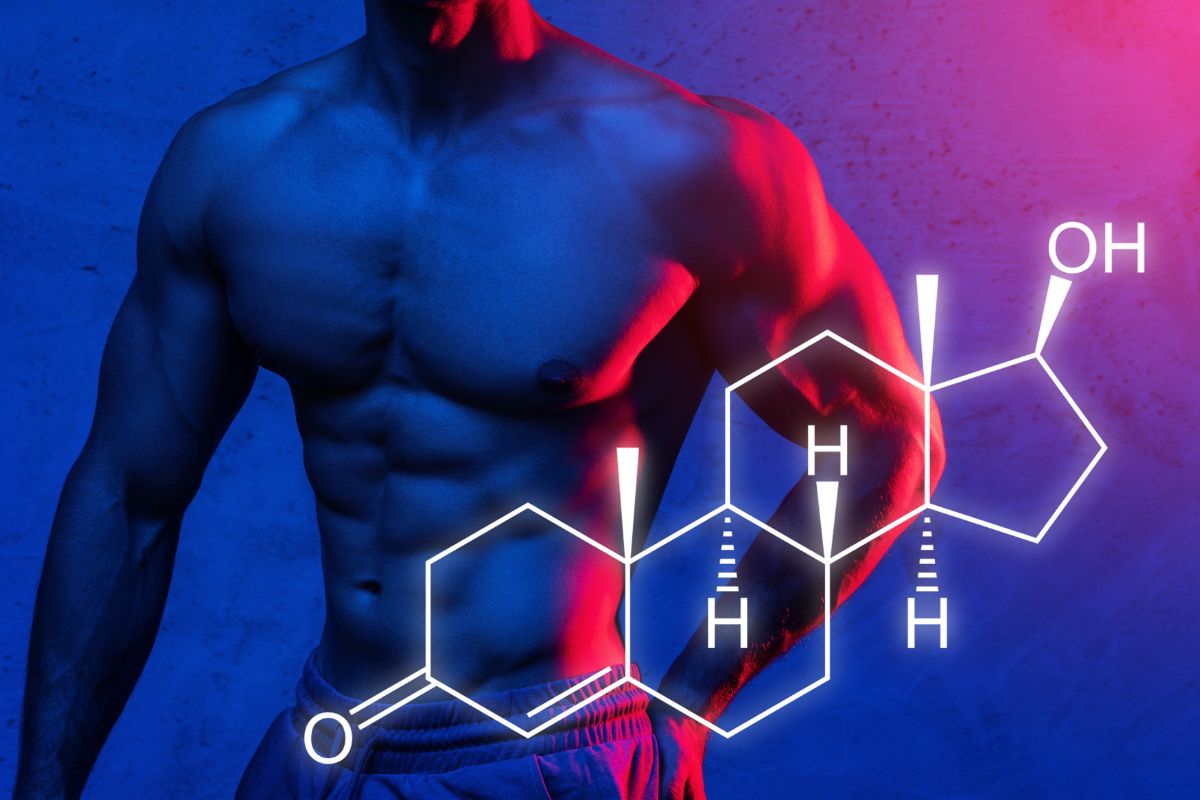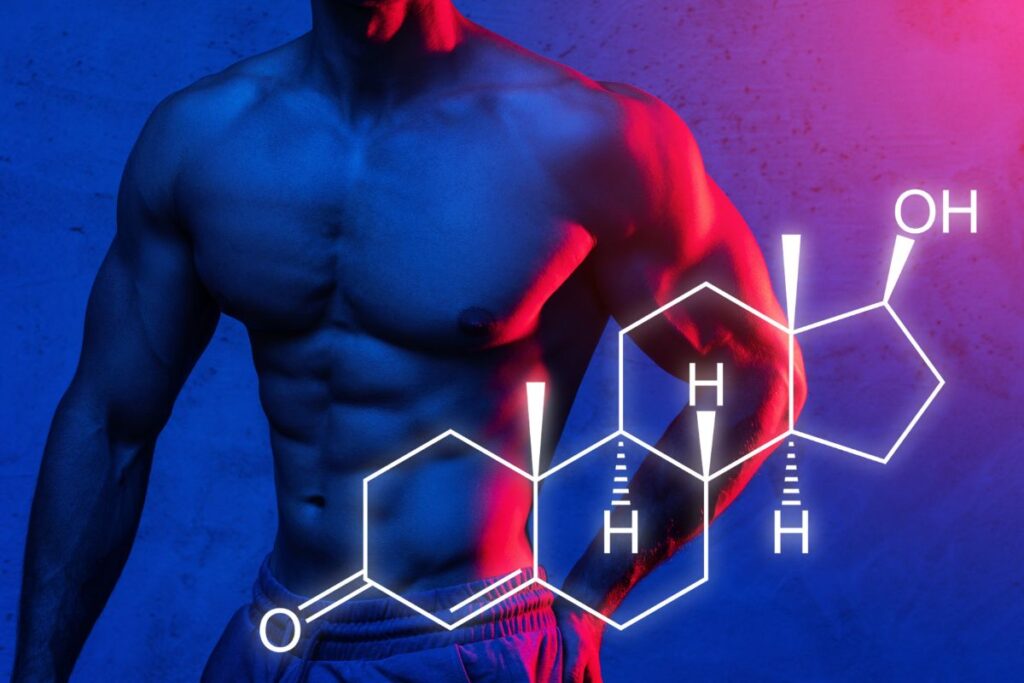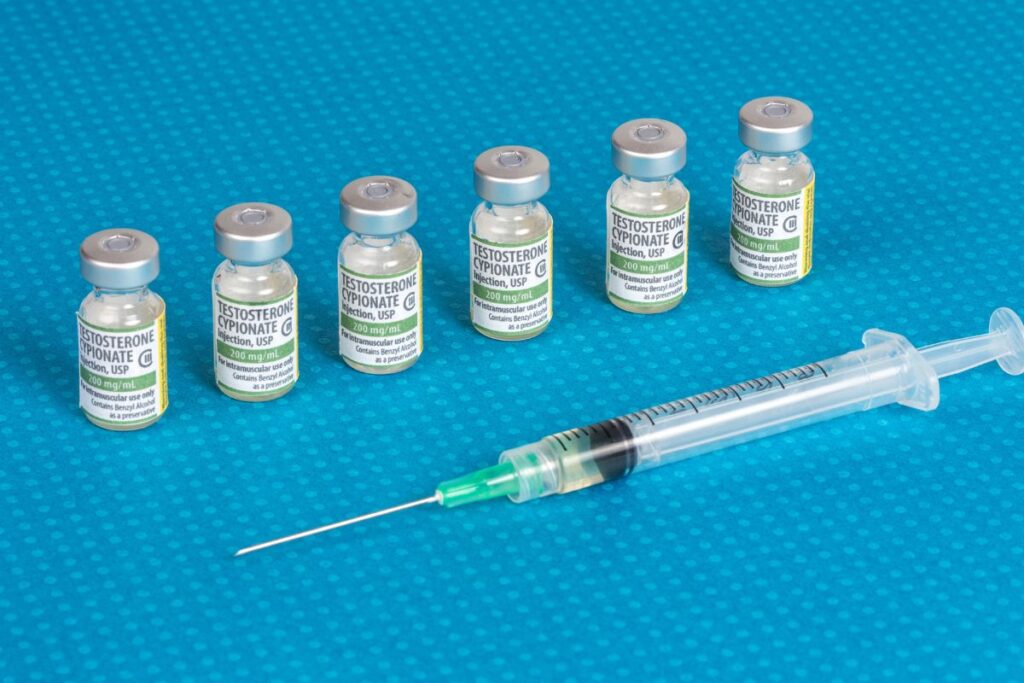Aromatase Inhibitors: Are they bad while on TRT?
Testosterone Replacement Therapy (TRT) is a common treatment for men experiencing symptoms of low testosterone. TRT can help with mood, muscle mass, energy, and libido. However, TRT sometimes increases estrogen levels, leading to potential side effects. To manage this, aromatase inhibitors (AIs) are often prescribed alongside TRT to prevent the conversion of testosterone to estrogen.
This article explores the risks and benefits of using Aromatase inhibitors during TRT, examining whether they are a safe, necessary component of treatment. By looking at the roles of estrogen in the body, we can better understand if and when aromatase inhibitors are needed, helping patients make more informed decisions.
Understanding Aromatase Inhibitors
Aromatase inhibitors (AIs) are a class of drugs designed to block the enzyme aromatase, which converts testosterone into estrogen. Common aromatase inhibitors include anastrozole, letrozole, and exemestane. These drugs are primarily used in clinical settings to treat estrogen-receptor-positive breast cancer in women, but they’re also used off-label for men on TRT to control estrogen levels.
When testosterone is converted to estrogen, it can cause unwanted side effects, such as gynecomastia (male breast tissue development), mood swings, and water retention. By blocking aromatase, AIs reduce these effects, helping men maintain hormonal balance while on TRT. However, the suppression of estrogen can have unintended side effects, which raises the question of whether the benefits of AIs outweigh the risks.
The Role of Estrogen in Male Physiology
Estrogen, though typically associated with female physiology, plays an essential role in men’s health. Small amounts of estrogen in men contribute to:
- Bone Health: Estrogen helps maintain bone density, reducing the risk of osteoporosis.
- Cardiovascular Function: Low estrogen levels have been linked to increased risks of heart disease.
- Libido: Balanced estrogen levels are necessary for optimal sexual function and mood stability.
In men undergoing TRT, elevated testosterone levels can lead to higher estrogen levels, causing symptoms like gynecomastia, water retention, and emotional instability. However, completely blocking estrogen can be detrimental. Without sufficient estrogen, men may experience joint pain, decreased libido, and other issues. Therefore, estrogen balance is crucial to ensuring that TRT achieves the desired benefits without causing additional health problems.
Why Aromatase Inhibitors Are Used in TRT
Aromatase inhibitors are used in TRT to manage the unwanted side effects of high estrogen levels. While TRT raises testosterone, it may also lead to an increase in estrogen through aromatization. For some men, especially those with higher levels of body fat (where aromatase activity is higher), this can result in symptoms like:
- Gynecomastia: The development of male breast tissue.
- Water Retention: Excessive estrogen can lead to bloating and fluid retention.
- Mood Swings: High estrogen may contribute to emotional volatility.
For patients exhibiting these symptoms, healthcare providers may recommend AIs as part of the TRT regimen. However, routine use of Aromatase inhibitors in TRT is a debated topic. Many experts suggest that Aromatase inhibitors should only be prescribed if high estrogen symptoms manifest and blood tests confirm elevated levels. Continuous monitoring is essential, as adjusting TRT dosage alone can sometimes regulate estrogen without the need for Aromatase inhibitors.

Potential Risks and Side Effects of Aromatase Inhibitors on TRT
While Aromatase inhibitors can help prevent estrogen-related side effects, they also come with risks. The most common issues associated with excessive estrogen suppression include:
- Joint Pain: Low estrogen can lead to discomfort in the joints, especially in the knees and shoulders.
- Bone Density Reduction: Estrogen is crucial for maintaining bone health. Long-term Aromatase inhibitors use can lead to osteoporosis.
- Cardiovascular Health Risks: Low estrogen levels have been linked to increased cardiovascular issues. Estrogen has a protective effect on heart health, and its suppression may elevate the risk of heart disease.
- Mood Changes: Men with suppressed estrogen levels may experience irritability, depression, or decreased libido, as low estrogen affects neurotransmitters.
Additionally, while Aromatase inhibitors reduce estrogen conversion, they don’t selectively suppress aromatase only in unwanted tissues. This indiscriminate suppression means that estrogen is reduced across the board, which can lead to complications. Therefore, patients and providers need to weigh the benefits of using AIs against these potential health risks, especially for long-term TRT plans.
Alternatives to Aromatase Inhibitors
Some alternatives to using Aromatase inhibitors during TRT include:
- Lifestyle Modifications: A healthy diet and regular exercise, particularly weightlifting, can help lower body fat and reduce estrogen production.
- Natural Supplements: Certain supplements, like zinc and DIM (Diindolylmethane), are thought to help balance hormones. However, clinical evidence supporting these supplements is limited.
- Adjusting TRT Dosage: Sometimes, lowering the TRT dosage can help manage estrogen levels without needing AIs.
These alternatives may be worth exploring before starting AIs, especially for patients with mild estrogen-related symptoms.
Reach out to Empower Men’s Health Clinic if you are in need
Aromatase inhibitors can be helpful in managing estrogen-related side effects during TRT, but they come with their own risks. Men should work closely with healthcare professionals to monitor estrogen levels and avoid over-suppression, which can lead to joint pain, reduced bone density, and cardiovascular issues. Personalized treatment is essential for achieving the benefits of TRT without compromising health. Empower Men’s Health Clinic is dedicated to helping men find the right balance in their TRT journey, offering expert guidance to optimize hormonal health safely and effectively.


